Lord Peter Wimsey - Die neun Schneider Online
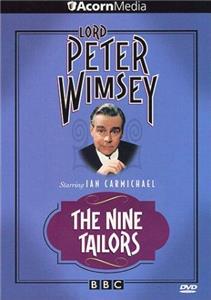
The title refers to the nine strokes of a church bell to announce the death of a man. In this adaptation of Dorothy L. Sayers's intricate, nostalgic, and atmospheric novel of the same name, Lord Peter Wimsey, stranded in a New-Year's Eve snowstorm ca. 1930 in the fens of eastern England, becomes the guest of a local clergyman, an adept enthusiast of the esoteric, mathematical art of change-ringing the eight swinging bells of his magnificent medieval church. Wimsey is pressed into service to assist with a heroic and historic all-night peal to welcome the new year. A few months later the vicar, having learned of Wimsey's reputation as a sleuth, summons him back to the village to investigate a mysterious body newly discovered in the churchyard, an unknown man secretly buried, who had apparently died about the time of Wimsey's first visit. A much earlier jewel robbery, details of church architecture, unclaimed letters from a French farm, and peculiarities of canon law are only a few of ...
| Series cast summary: | |||
| Ian Carmichael | - | Lord Peter Wimsey 4 episodes, 1974 | |
| Glyn Houston | - | Bunter 4 episodes, 1974 | |
| Elizabeth Proud | - | Mary Thoday / - 4 episodes, 1974 | |
| Patrick Jordan | - | Cranton 4 episodes, 1974 | |
| Gail Harrison | - | Hilary Thorpe 4 episodes, 1974 | |
| Christopher Banks | - | Archbishop of Canterbury 4 episodes, 1974 | |
| Donald Eccles | - | Venables 3 episodes, 1974 | |
| Elizabeth Bradley | - | Mrs. Venables 3 episodes, 1974 | |
| Neil McCarthy | - | Will Thoday 3 episodes, 1974 | |
| Kenneth Thornett | - | Supt. Blundell 3 episodes, 1974 | |
| David Jackson | - | Jim Thoday 2 episodes, 1974 | |
| Dan Meaden | - | Ezra Wilderspin 2 episodes, 1974 | |
| Herbert Ramskill | - | Hezekiah Lavender 2 episodes, 1974 | |
| Peter Tuddenham | - | Jack Godfrey 2 episodes, 1974 | |
| Charles Lamb | - | Harry Gotobed 2 episodes, 1974 | |
| John Duttine | - | Walter Pratt 2 episodes, 1974 | |
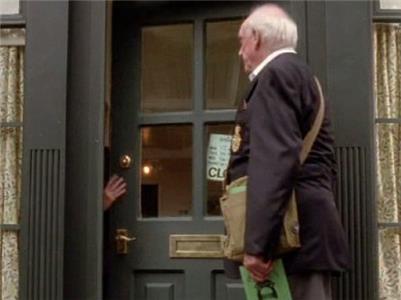


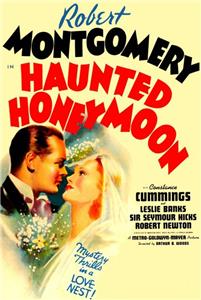

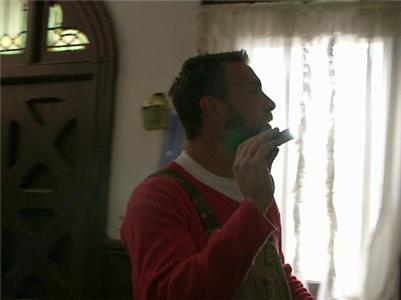
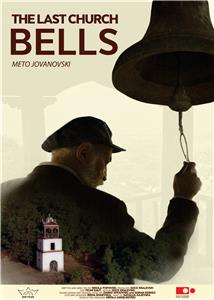

User reviews